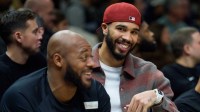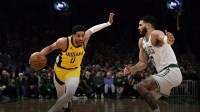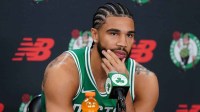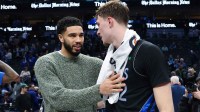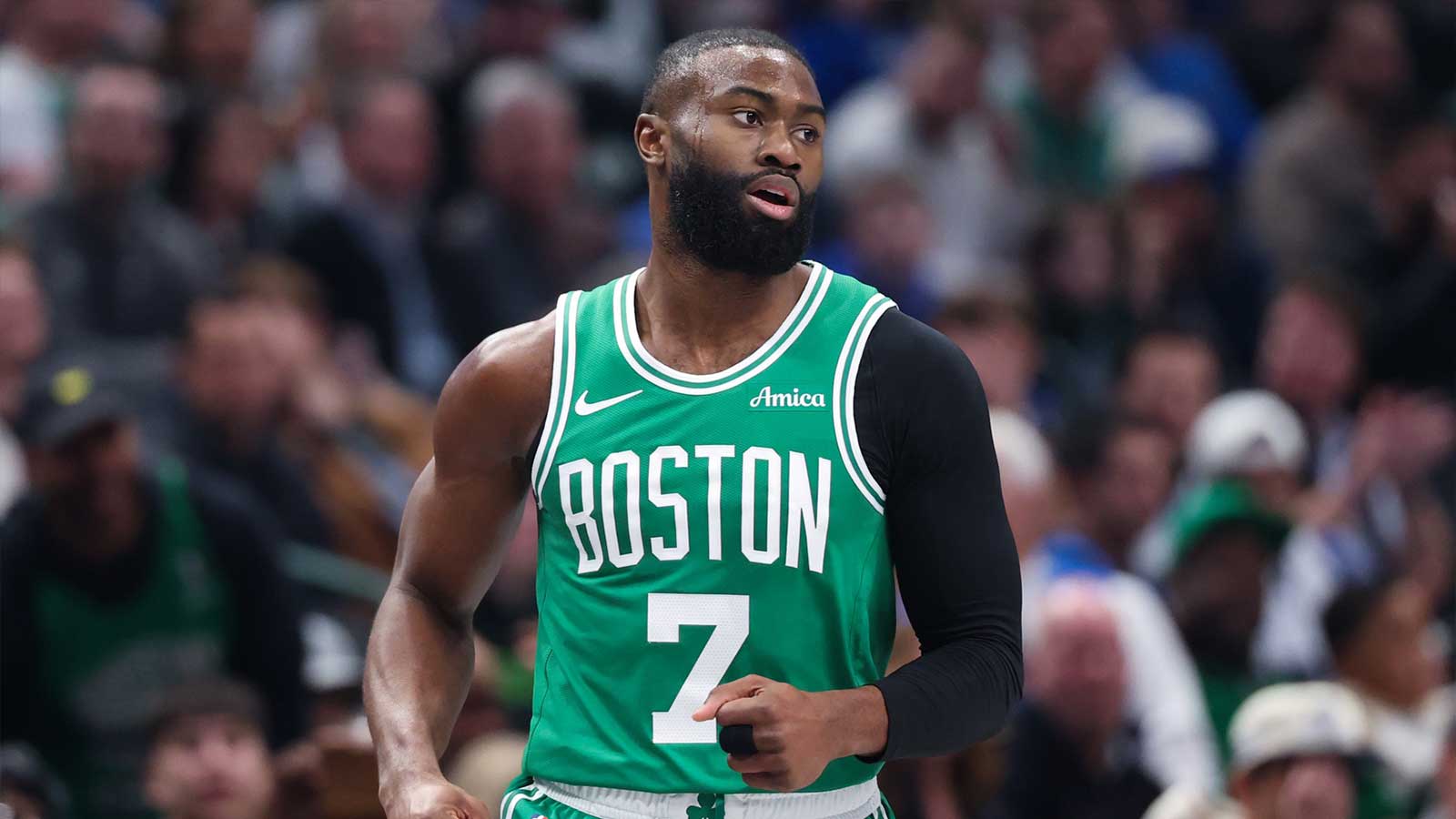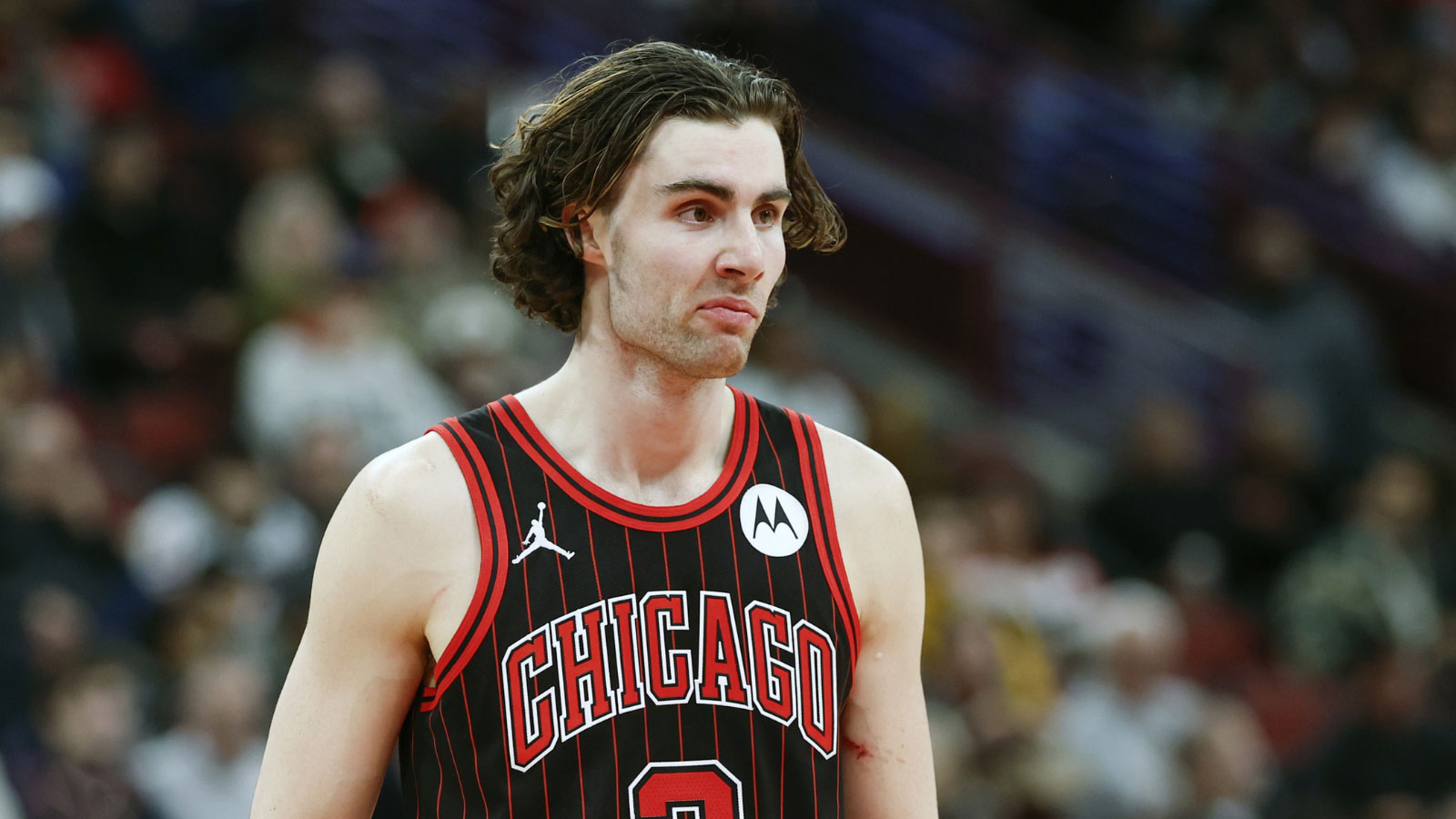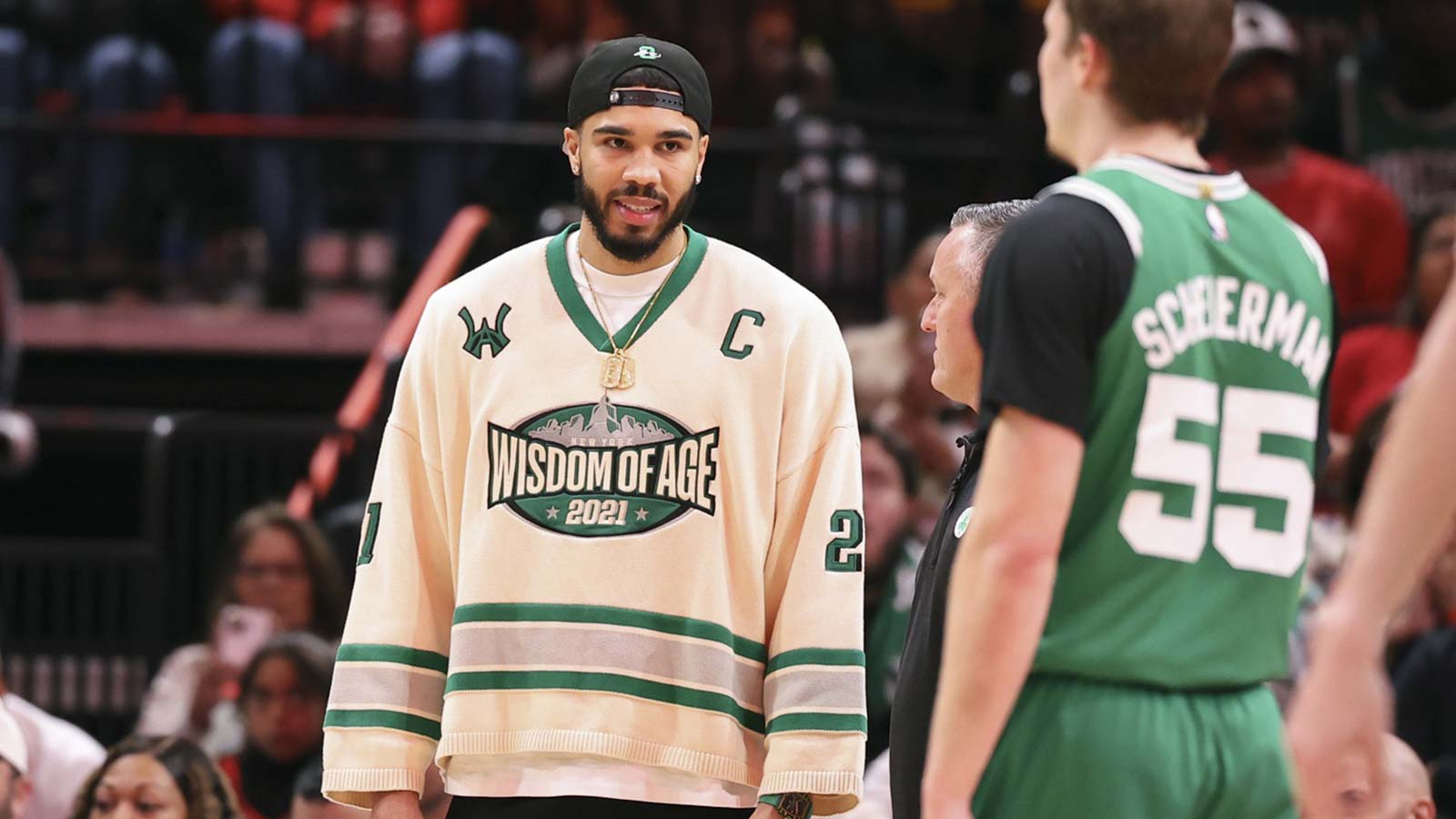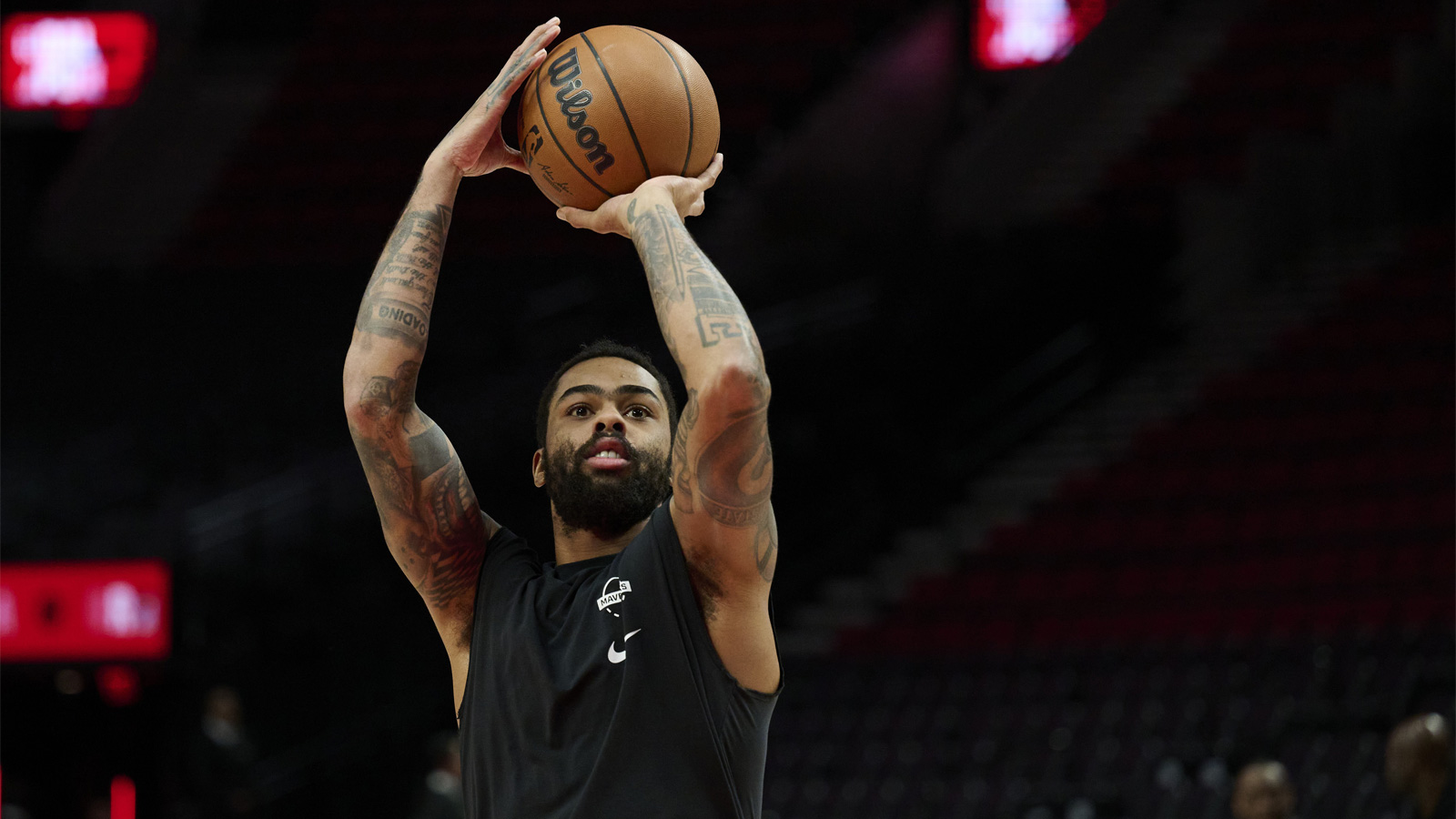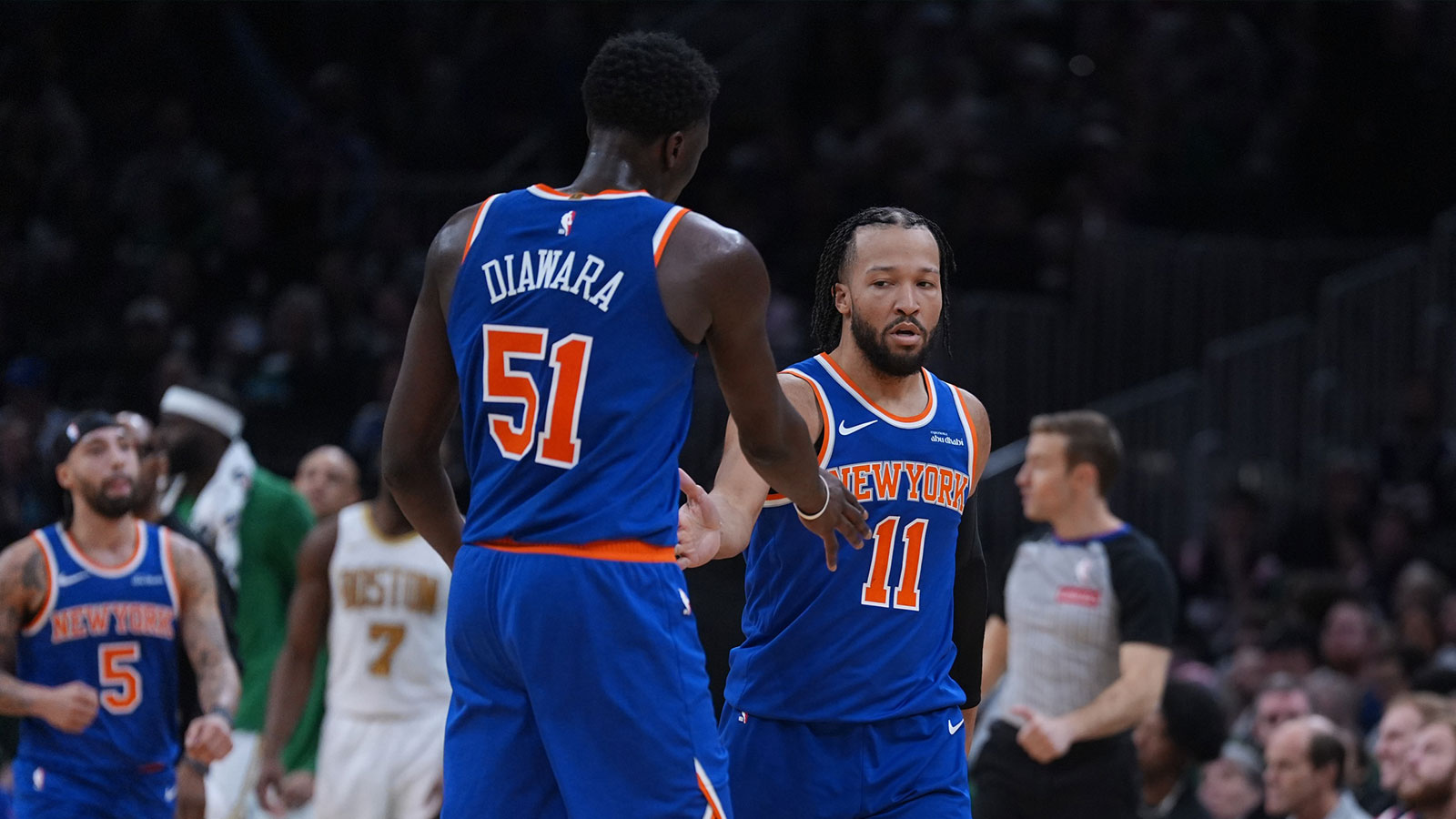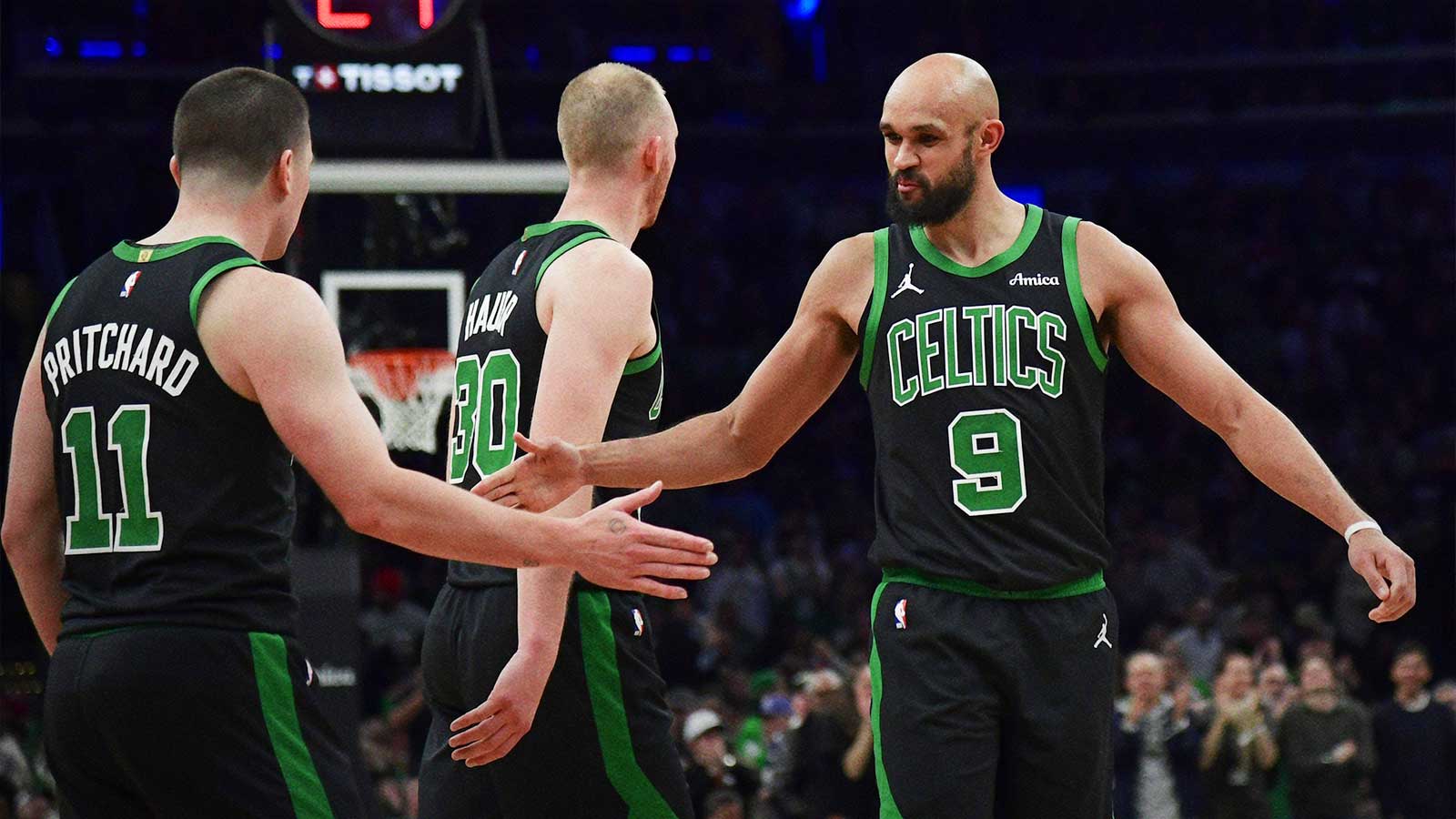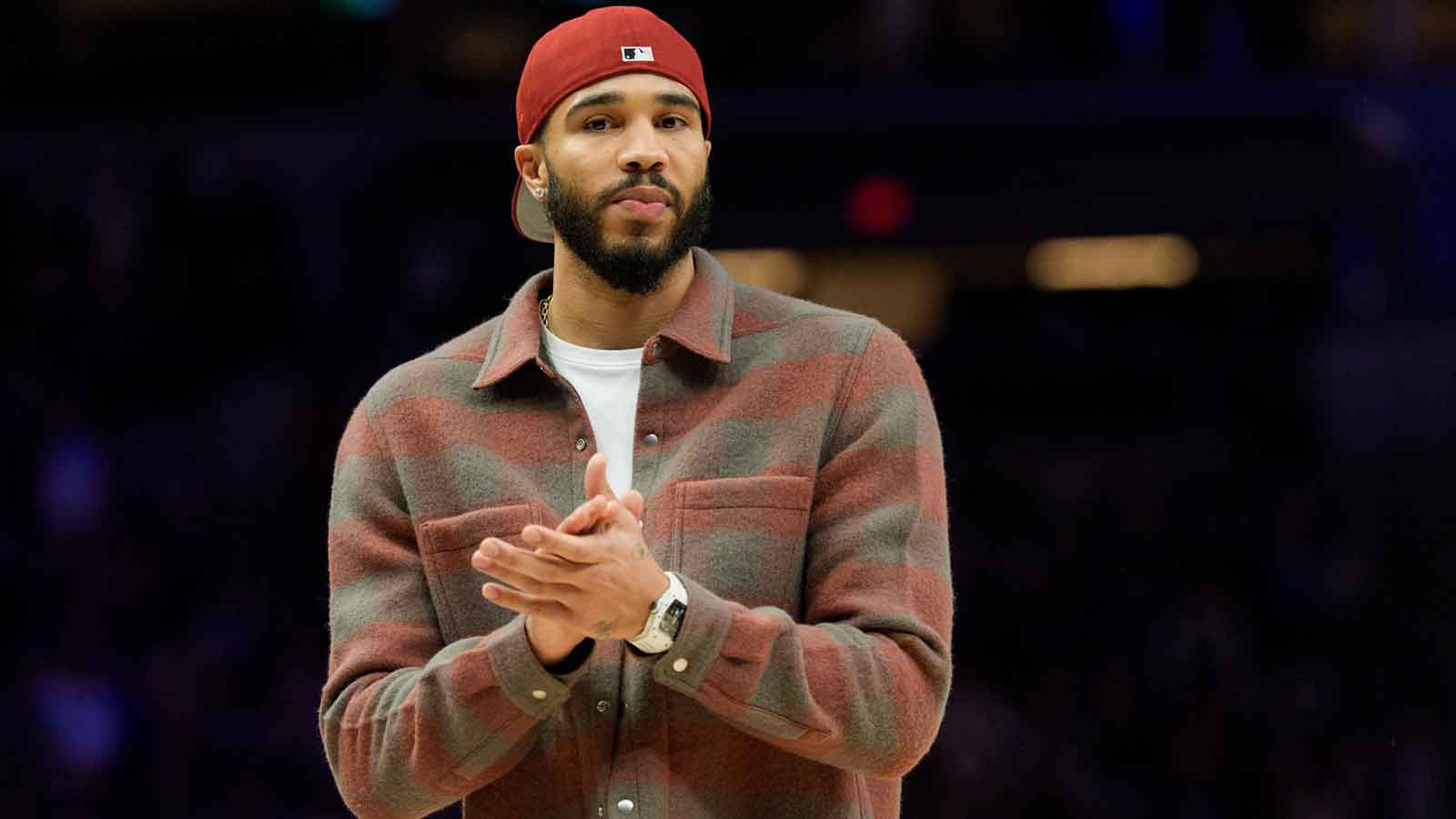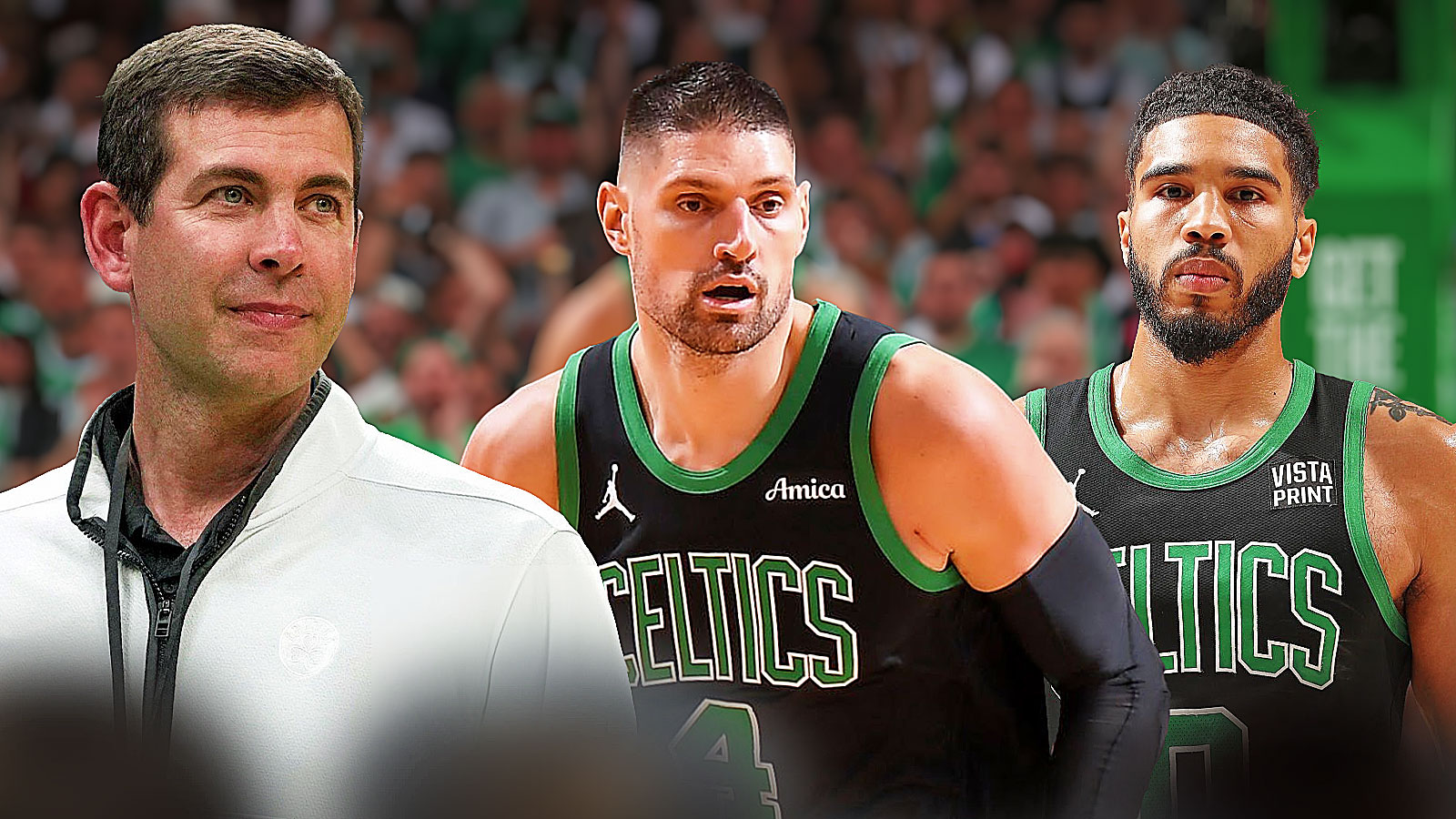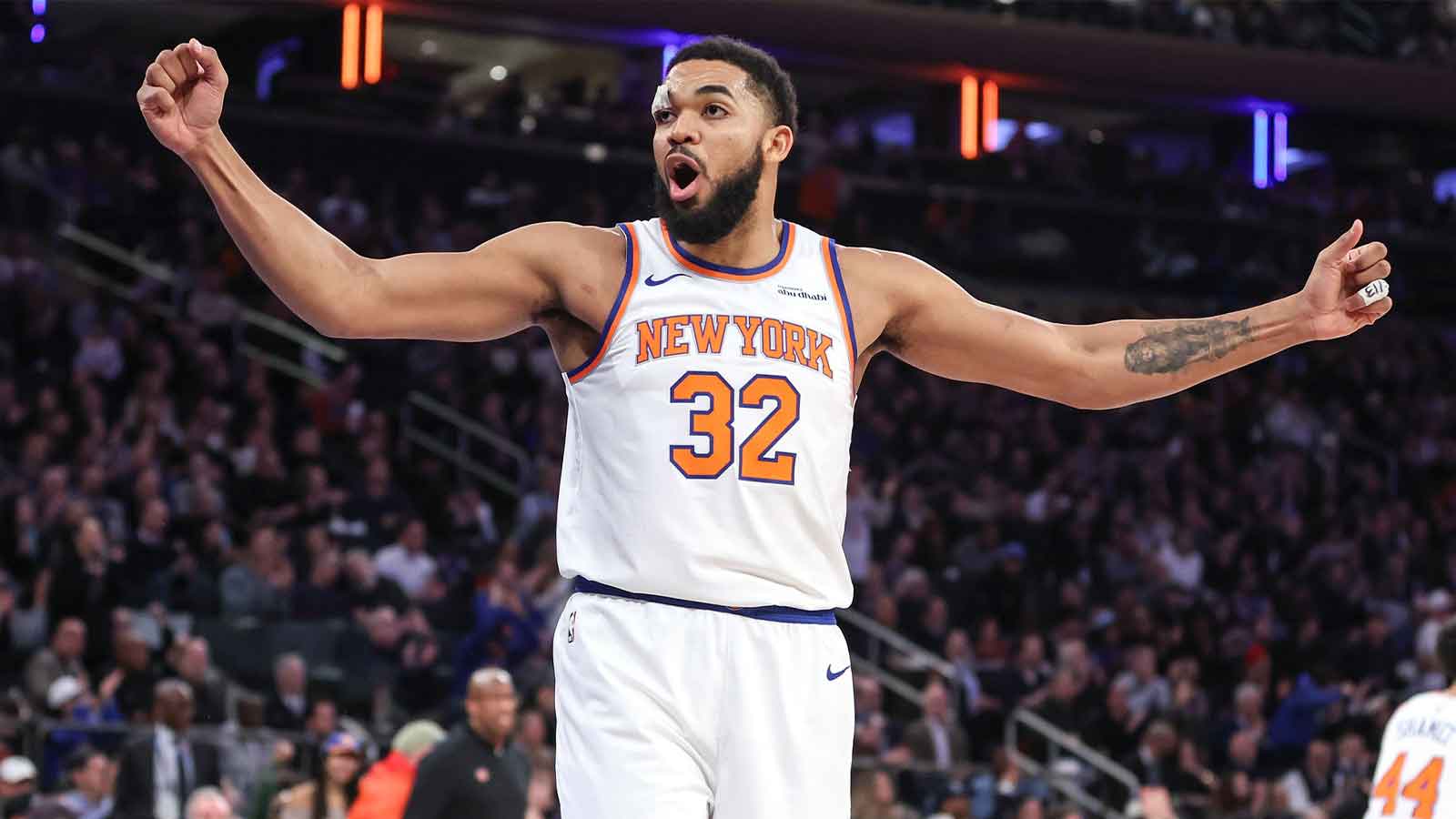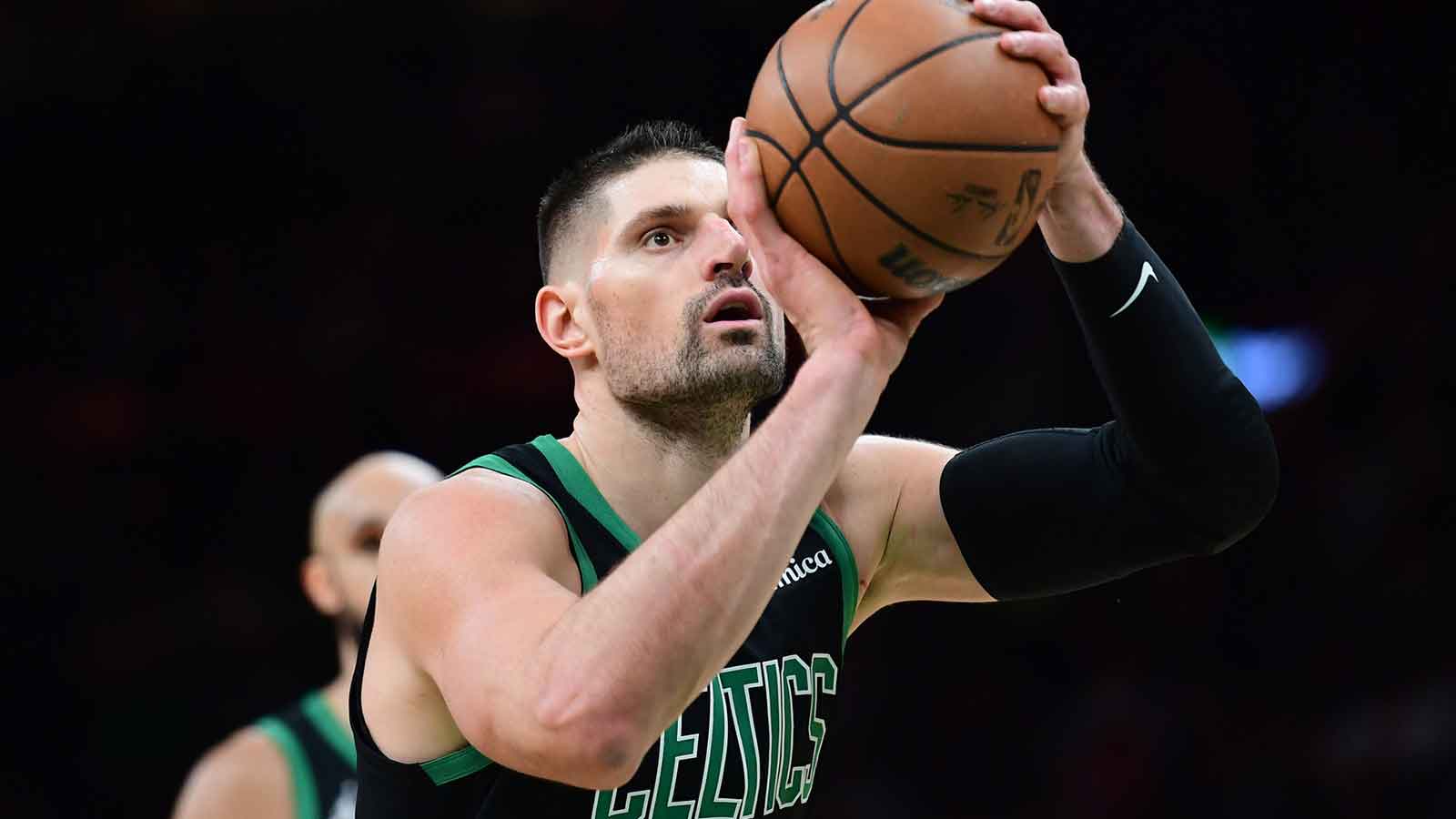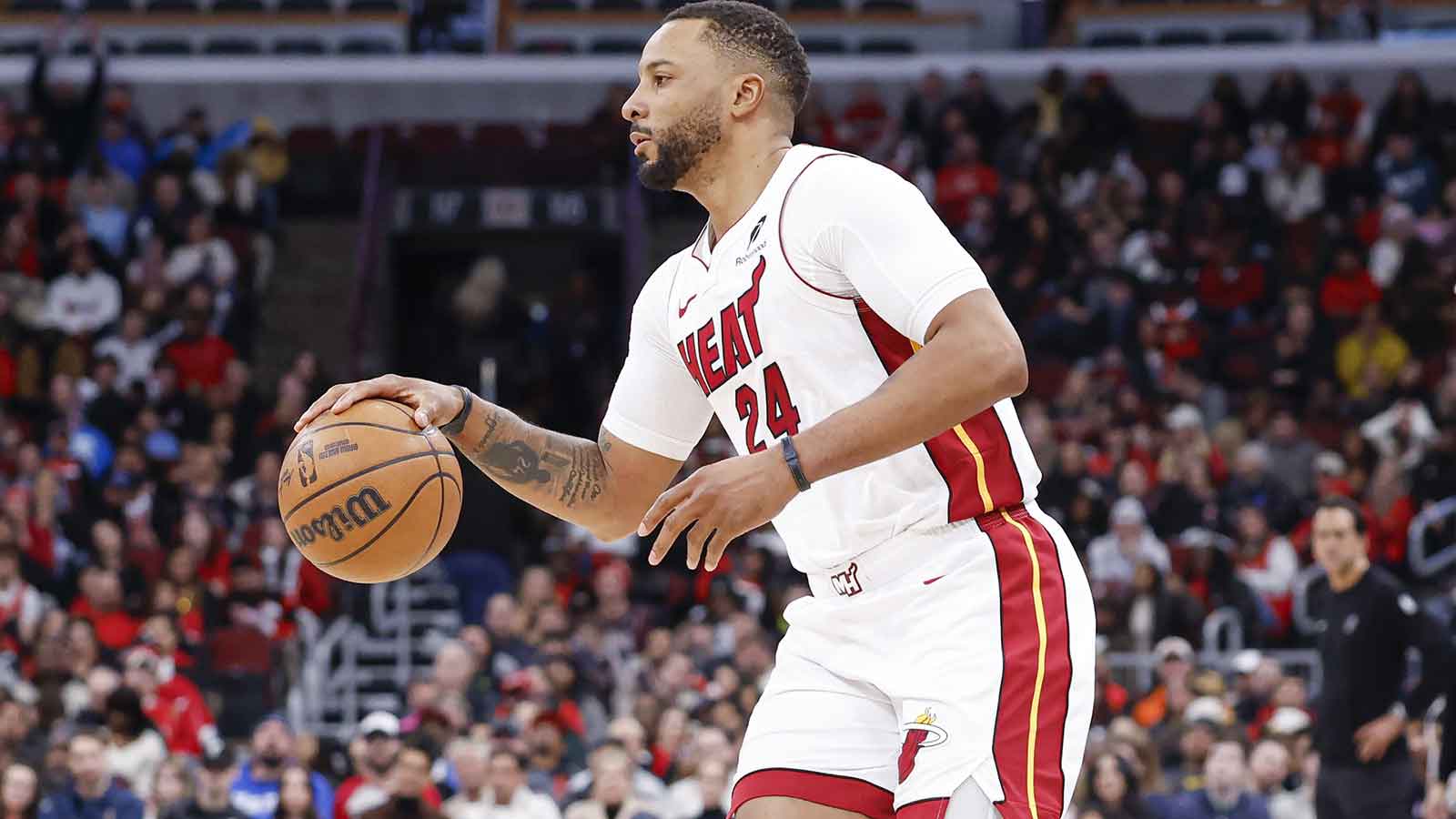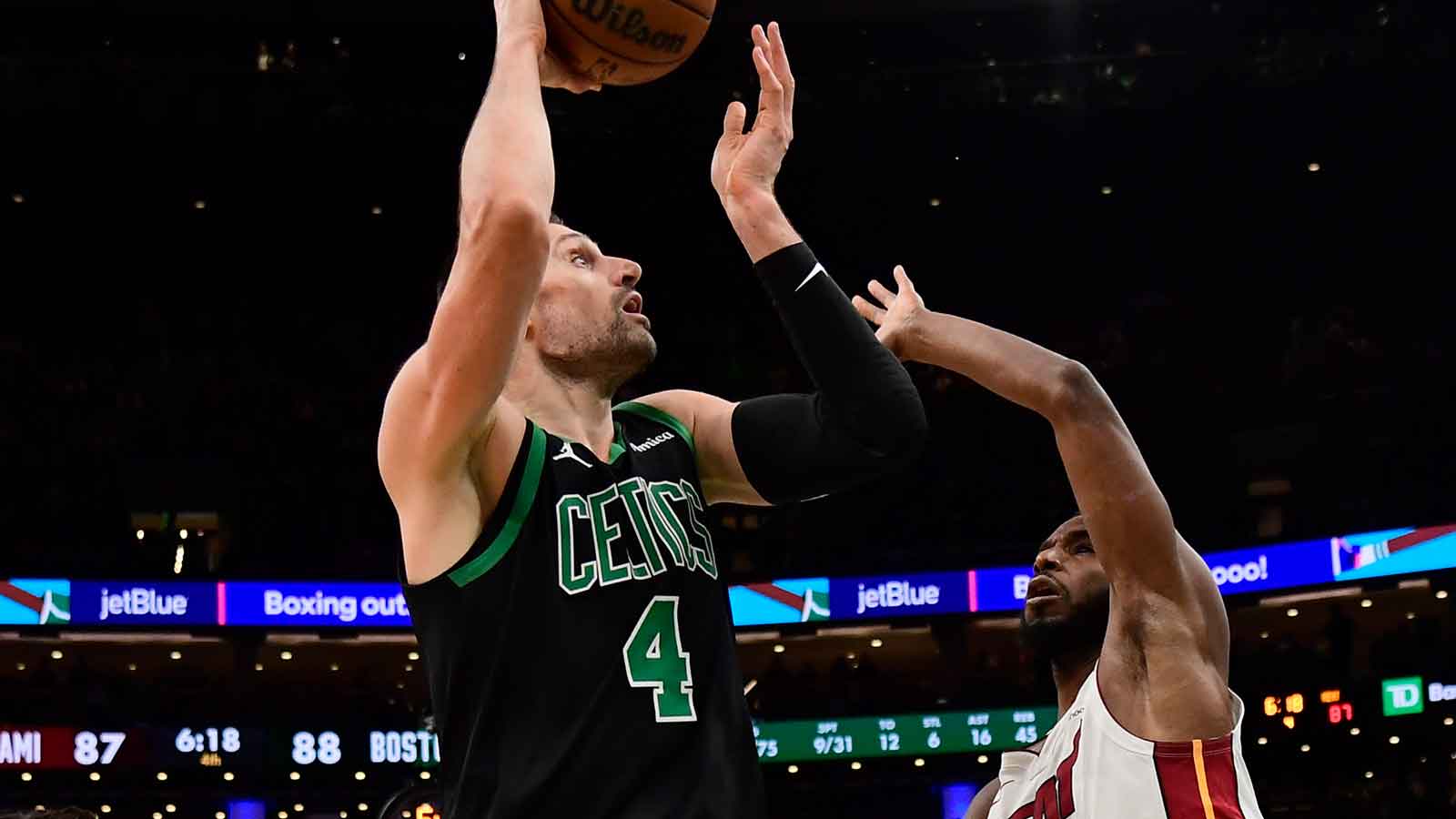We can all agree now that Boston Celtics general manager Danny Ainge has Gordon Hayward and Kyrie Irving-related scars that have made him reluctant to pull the trigger on big deals. How else could you explain his miserly attitude towards their most recent personnel decisions?
Granted, Jayson Tatum and Jaylen Brown are a pair of legitimate superstars. Brad Stevens is one of the NBA's best young coaches. The team surrounding that core is still very solid, with key role players like Marcus Smart, Daniel Theis (more on him later), Romeo Langford, and Robert Williams adding plenty of depth.
But if there is anything to be learned from teams like these Celtics it is this: Fortune favors the bold.
Now, to be fair the Celtics and their front office, they have every right to be cautious. Kyrie Irving was an unhappy headcase, Gordon Hayward was a victim of awful luck, and Kemba Walker has largely been a dud. You can't blame Boston for being cautious in the wake of these apparent mistakes.
But the fact remains that the last “homegrown” team to win a championship was the pre-Kevin Durant Golden State Warriors. Cleveland needed Lebron to come back, Toronto needed to essentially rent Kawhi Leonard, and the Lakers relied on a recent Lebron transplant and the Anthony Davis pickup to make it to the championship. Even the most recent Warriors championships relied on Kevin Durant to be the undeniable force that they were. Yes, they had gone 73-9 the season prior to acquiring KD, but they realized that if a player of his caliber was available, they would be stupid not to sign him. Hang the cost.
Of course they are paying the price now, as are Cleveland and Toronto. Miami was in shambles after Lebron left. Go back to Jordan's Bulls and Kobe's Lakers. In the NBA, historic greatness in the moment will always come at the cost of leveraging a team's immediate future. That is the name of the game.
If these Celtics are to find their way back to the promised land, they will have to make moves. That is the opposite of what they did.
Letting go of Daniel Theis' expiring contract was pennies and scraps for the Celtics. Aaron Gordon and Nikola Vucevic were on the market. The Wizards were entertaining offers on Bradley Beal. Rumors were even floating around Victor Oladipo in Houston, and most of Sacramento's and Indiana's cores.
For the price of Kemba Walker and some youth, the Celtics could have had any one of these players and gotten right back into the playoff race. The only problem is that they didn't pinch their noses and take their medicine.
Maybe in retrospect, we'll all look back on this hesitancy and quietude as a good thing, a vote of confidence in Brown and Tatum. But Boston has had them for a few years now, and are in the same (possibly a worse) place than they have been in recent years. With Philadelphia's assets, at least Joel Embiid and Ben Simmons can claim to be tier one talents. Can Brown and Tatum do the same for the Celtics?
A war chest is only as good as how it is used. If it is not used at all, then it is not a good war chest. The Celtics had the opportunity to make a gigantic splash at this trade deadline. Facing Brown and Tatum paired with Gordon, Sabonis, Vucevic, Turner, or Bagley would have been a scary prospect for any team on any night. That is an easy upgrade over the pair of stars running alongside Marcus Smart, intangibles or no.
Instead, the Celtics have decided to stay stagnant in the dreaded middle tier of the NBA hierarchy. Their biggest mistake at this year's trade deadline is the mistake of accepting the slow death instead of rolling the dice.
Fortune favors the bold. It does not favor the Boston Celtics.



